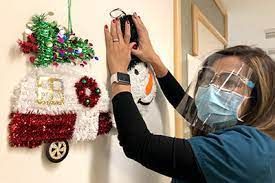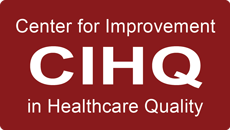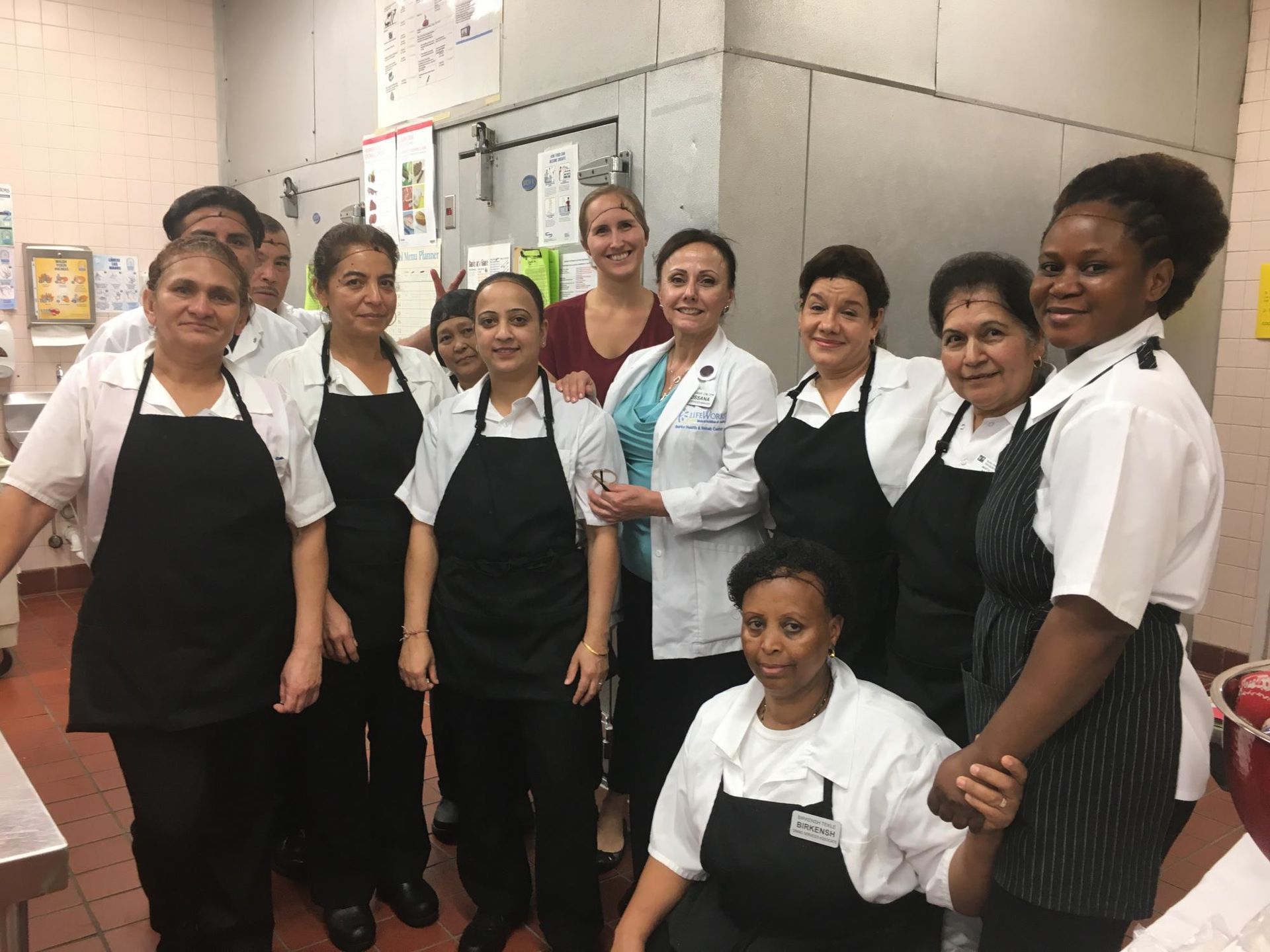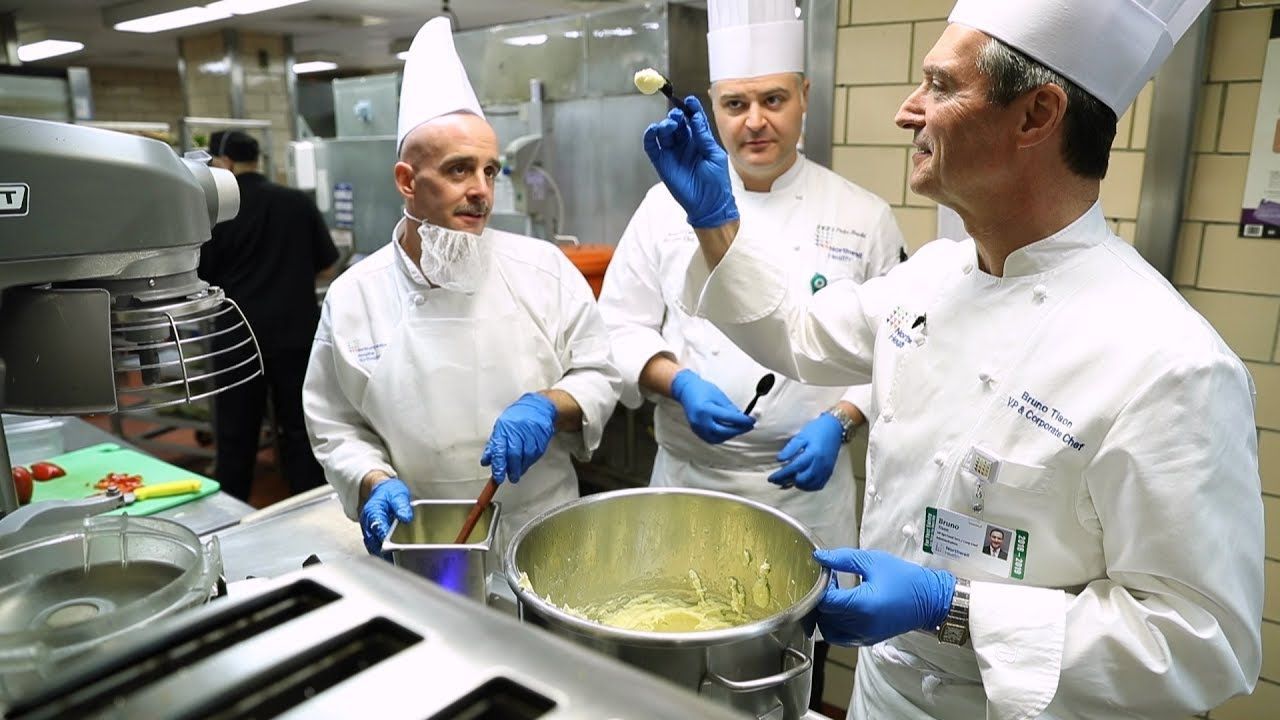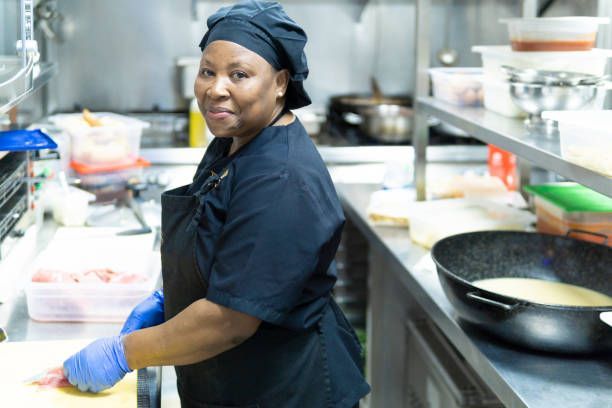Dietary Services: Confident your facility is Survey Ready?
Dietary Services: Confident your facility is Survey Ready?
An area that is sometimes overlooked in hospitals is Food and Dietetic Services. It is important for CMS providers to fully understand the § 482.28 Condition of participation: Food and Dietetic Services requirements. In smaller hospitals, it is not uncommon for these services to be contracted. In addition, hospitals may have agreements with outside facilities on meal preparation and delivery as opposed to preparing meals in house. Regardless of how your organization provides these services, the following criteria must be met:
Standard: Organization.
(1) The hospital must have a full-time employee who—
(i) Serves as director of the food and dietetic services;
(ii) Is responsible for the daily management of the dietary services; and
(iii) Is qualified by experience or training.
(2) There must be a qualified dietitian, full-time, part-time, or on a consultant basis.
(3) There must be administrative and technical personnel competent in their respective duties.
(b) Standard: Diets. Menus must meet the needs of the patients.
(1) Individual patient nutritional needs must be met in accordance with recognized dietary practices.
(2) All patient diets, including therapeutic diets, must be ordered by a practitioner responsible for the care of the patient, or by a qualified dietitian or qualified nutrition professional as authorized by the medical staff and in accordance with State law governing dietitians and nutrition professionals.
(3) A current therapeutic diet manual approved by the dietitian and medical staff must be readily available to all medical, nursing, and food service personnel.
Aside from having a well-structured Food and Dietary Services Department, it is also important to ensure that kitchen conditions are sanitary, food being served is fresh, food temperature is appropriate for serving and storage and environmental conditionals are safe.
CMS developed a Kitchen/Food Observation Tool to help guide surveyors through dietary surveillance.
Hospitals should be able to demonstrate maintenance of logs for temperature monitoring. How is your facility alerted if temperatures are out of range? Is dishware cleaned at the appropriate temperature to ensure sanitation?
Common questions to ask when conducting surveillance: Is the amount of chemical used for cleaning measured correctly? Can you describe (demonstrate if appropriate) how this is done? How are cookware, dishware and utensils stored when not in use?
If your organization has not incorporated your Food and Dietary Services Department into your hospital’s rounding regimen, then there is a serious risk of not meeting the CMS Conditions of Participation.
Our HCE Global experts understand the challenges that healthcare facilities are facing today. We are here to help. Using a customizable approach, we will help you navigate through even the toughest of challenges. We pride ourselves on helping our clients achieve and maintain a status of excellence in the healthcare industry.
Be sure to browse Our Website for a full list of services we provide.
Contact us today at (800) 813-7117 to schedule a free consultation.
Reference:
